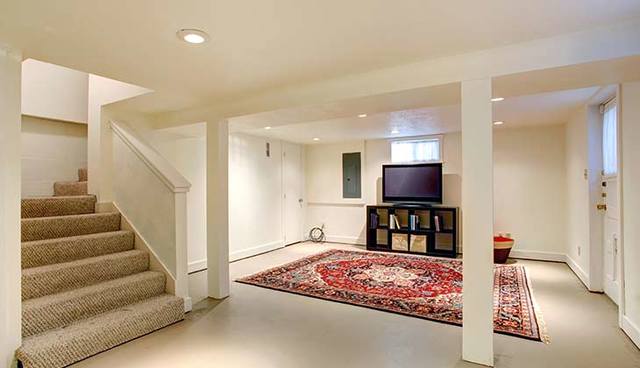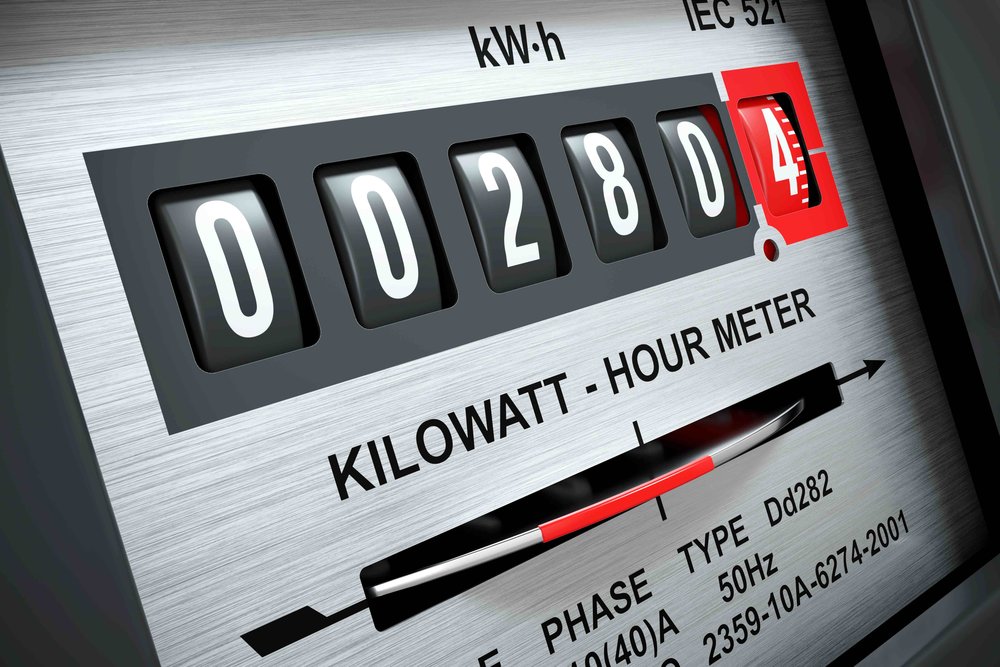I’m sure you will agree that the United Arab Emirates is one of the most attractive destinations for expatriates. And among the UAE’s seven emirates, Dubai is undoubtedly one of the most popular.
Expats in Dubai love it for the gorgeous beaches, the lively nightlife, and the modern amenities that rival many of the world’s top cosmopolitan cities. And how can we forget the fact that Dubai charges no income tax?
Additionally, there is no shortage of attractive real estate options in the market, either. Case in point: There’s the famed Marsa Plaza apartments for sale at Dubai Festival City.
Real Property Ownership in Dubai
Perhaps you have been assigned by your company to head your Dubai office. It seems, for the moment, that you are staying put for at least five years, if not more. And since you have the means, you are thinking of investing in Dubai real estate.
First, let’s address the elephant in the room. Can non-UAE nationals own property in Dubai? Expats everywhere, rejoice! The answer is yes.
Through Regulation No. (3) of 2006 Determining Areas for Ownership by Non-UAE Nationals, the Government of Dubai granted non-UAE nationals real property ownership rights.
But there is a condition. Non-UAE nationals may own real property only in specific land plots designated by the Dubai Land Department.
However, the good news is that the regulation is continually updated to add new land plots to the areas that expatriates and foreign nationals may own.
Types of Real Property Rights for Non-UAE Nationals
There are two types of real property ownership rights available to non-UAE nationals in Dubai. They are freehold rights and leasehold rights.
Freehold Rights Without Time Restriction
Freehold rights are real property ownership, as most people understand it.
Freehold ownership is absolute, outright ownership, and a non-UAE national with freehold rights on a piece of real estate has total control over that estate in perpetuity.
When you have freehold rights on a property, you have absolute control over its development and use, subject to existing laws of the land, of course. You may sell it, rent/lease it out, or use it as collateral. The owner’s beneficiaries may also inherit freehold estates.
Where do you find Freehold Estates in Dubai?
There are several places in Dubai where expats and foreign nationals can buy freehold properties.
For instance, you can check out Dubai Festival City. Yes, it’s where you can find the renowned Dubai Festival City Mall. This Dubai neighbourhood has several freehold purchase options for expats, including villas, townhouses, and apartments.
Usufruct and Lease Rights
In the same vein, some properties in Dubai are available only for usufructuary lease rights for up to 99 years (or shorter, depending on the conditions outlined in your lease agreement).
As a usufructuary or a person assigned usufruct rights on a property, you may use the property for whatever purpose you intend it to fulfil, as long as you do not violate the terms of your usufruct and the laws of the UAE and Dubai, of course.
Whatever profits you derive from the use of the property during the usufruct or lease period are yours. However, you are not allowed to destroy the essence of the property or the estate. That means you cannot do anything that will destroy the property’s value or that will render it unusable or non-viable for leasing.
Why Buy Property in Dubai?
There are two primary benefits to investing in Dubai real estate: investment returns and the residence visa.
Return on Investment
The most apparent benefit is investment returns. It is reasonable to suppose that more and more people will move to Dubai. The expat population is already at more than 80%. Property prices can only rise, moreover, which ensures you should be able to recoup your real estate investment — and then some.
Dubai is one of the world’s central trade hubs. It is one of the fastest-growing cities and economies globally, and its growth shows no signs of waning.
Government policy, moreover, seems aligned with this trajectory. Notice the prevalence of free zones in the area. And, just recently, the federal government has approved 100% foreign ownership of companies in the UAE mainland, except in activities with so-called “strategic impact.”
Dubai has already identified more than 1,000 economic activities where foreign nationals may form 100% foreign-owned companies onshore.
The government is also actively marketing Dubai as a haven for digital nomads. Now, work permits are available to freelancers who might want to make the city the base of their operations.
So yes, the future is bright on this side of the Middle East. If you have the means, you should invest in real estate now.
Residence Visa
A long-term residence visa is another good reason for buying property in Dubai. If you invest AED 5M in property, you can become eligible for a five-year residence visa. If you invest AED 10M, of which real estate may account for up to 40%, you can become eligible for the 10-year residence visa.
The UAE, moreover, has a five-year, renewable residence visa for retired residents, which ties in nicely with the long-term investor or property residence visa.
To Buy or Not to Buy in Dubai
Which should you go for: freehold or usufruct rights? As with most anything, it depends on what your particular needs are.
The primary consideration, of course, is budget. Freehold purchase is more expensive than usufruct, for obvious reasons.
Aside from budget, however, the key consideration is: do you want freehold ownership, or is the right to enjoy and use an estate for up to 99 years enough?
If you want to have a home in Dubai and wish to give your kids and future generations a home in Dubai, make an outright freehold purchase. If you aim to acquire equity and realise gains on it, later on, procure a freehold estate. If you want a property you can sell, lease out, rent out, or use as leverage later on, buy freehold property.
If you need a property you can use temporarily, but don’t see yourself making a home or staying permanently in Dubai, then a usufructuary lease may be the better option. You can also go for a simple rental.
Picking the Perfect Spot
Whatever you decide to go with, whether it be a freehold purchase or a usufructuary lease, choose your spot wisely.
Make sure you pick a neighbourhood that does not only fit your budget but also ticks out criteria such as a central location, first-rate amenities and aesthetics, excellent schools, and convenient access to world-class dining, shopping, and entertainment.
AUTHOR BIO
Muhammad Raheel Walayat manages 360-degree digital marketing for Al Futtaim Group Real Estate, one of the largest real estate developers in Dubai. Having joined the company in 2017 with an extensive 10+ years of experience in marketing, Raheel has been instrumental in developing and managing the digital ecosystem for Dubai Festival City that drives results in terms of brand awareness, brand positioning and commercial benefits to the business.






